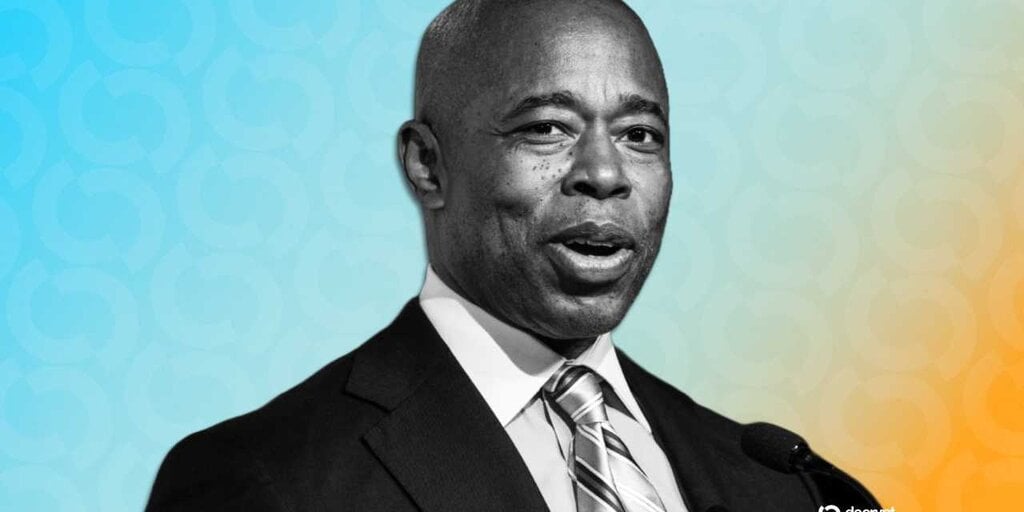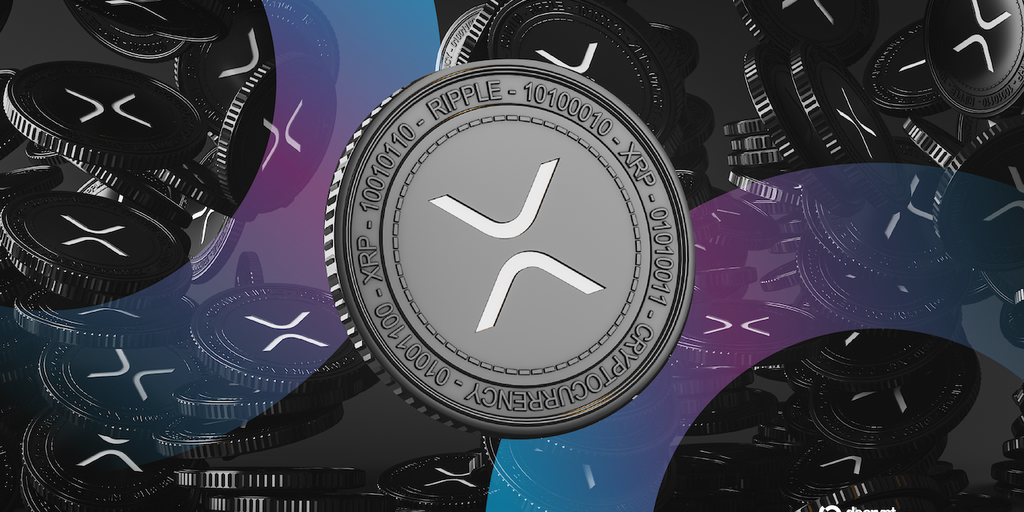
In brief
- Chainlink is expanding partnerships with U.S. agencies to bring more government functions on-chain beyond their current Department of Commerce collaboration.
- The company is starting with feeding public economic data into crypto markets, but has longer-term goals of bringing U.S. elections onto blockchain systems.
- Nazarov says blockchain election verification technology is ready, but implementation faces political rather than technical obstacles.
Fresh off a partnership with the U.S. Department of Commerce, Chainlink co-founder Sergey Nazarov said the decentralized oracle network is collaborating with other Trump administration agencies to bring even more federal government functions on-chain.
The entrepreneur said a timeline for rolling out these partnerships has not yet solidified—but that he is hopeful “things can move quickly.”
“All of these agencies and departments have their own processes, which is unpredictable for approvals,” Nazarov said in a video interview with Decrypt this week. “I can tell you we’re definitely moving ahead into a set of next steps, at least on the data side, and on some different cross-chain initiatives that we’re also starting to discuss more.”
Nazarov added that Chainlink is also in discussions with several state governments regarding similar initiatives, but would not give further details about those plans.
Chainlink is an oracle platform that allows smart contracts—which undergird most crypto activity—to securely pull verified data from off-chain sources, and integrate it across numerous blockchains. The company’s services are currently compatible across over 14 blockchain ecosystems.
Nazarov conceded that some of Chainlink’s initial forays into government blockchain usage may not necessarily appear overly bold; the Department of Commerce, for instance, is using Chainlink to feed already publicly available data on GDP, inflation, and economic demand into DeFi markets and the broader crypto ecosystem.
But these initiatives are just the start of a long-term campaign to encourage the U.S. government to take more ambitious leaps into crypto infrastructure, he said.
“This is a low-risk, efficient way to begin the process of getting [them] involved in the blockchain ecosystem,” Nazarov said. “But personally, from my interactions with people in DC, I can already see many steps beyond this happening.”
One such undertaking, which Nazarov noted is more of a long-term than near-term goal, is convincing the U.S. government to use companies like Chainlink to bring elections on-chain.
The firm’s services can help guarantee the accuracy and integrity of both public data, as the Commerce Department partnership intends to show, and of internal data, a service Nazarov said the federal government has already expressed “extreme” interest in.
But oracle networks can also remedy trust issues in situations, he added, where “there are different groups arguing with each other about if something happened or didn’t happen.” Hello, U.S. presidential elections.
Nazarov said he’s already had conversations with numerous groups in Washington about using blockchain systems to verify identity in American elections. He claimed the technology required for such an initiative is fully “ready to go,” and that the question of implementing such a system solely comes down to political will.
“It’s not a technology issue,” he said. “It’s a political issue.”
While the power to determine logistics about voting in U.S. elections is mainly held by state governments, President Trump has, in recent months, asserted he has the authority to make such determinations himself—by ending the practice of mail-in voting, for instance.
His administration has also consistently advocated for embracing crypto in all manner of applications, as a means of proving Trump’s bona fides as America’s first “crypto president.”
Identity and privacy is a fraught political issue in the United States, Nazarov said—a factor that could slow the adoption of an automated system for verifying identification of U.S. citizens.
The Republican Party has in recent years, for example, vehemently opposed the creation of an American central bank digital currency, or CBDC, citing its potential to allow the federal government to track civilians’ payments.
But the Trump administration has also embraced tactics to address policy priorities that have touched on the sensitive topic of identity and identity verification. Aggressive deportation raids across the country by U.S. Immigration and Customs Enforcement (ICE) have stirred up widespread concern in recent months that even lawful American residents should carry identification on them at all times, for fear of being wrongfully detained.
On Monday, the U.S. Supreme Court ruled ICE has the authority to detain civilians based on controversial factors including race, occupation, speaking accent, and fluency in Spanish.
Daily Debrief Newsletter
Start every day with the top news stories right now, plus original features, a podcast, videos and more.




